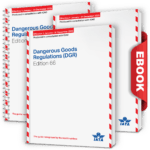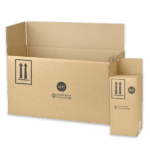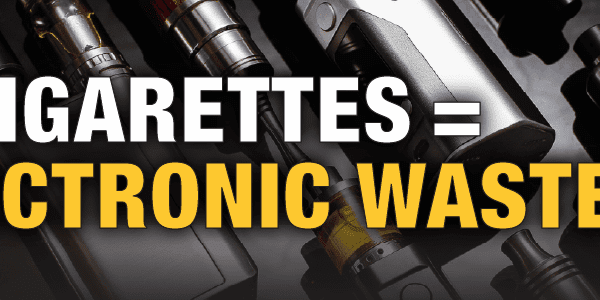
IATA Special Provision A154 Leaves No Room for Guesswork on Battery Safety
Shipping lithium batteries by air comes with a long list of rules—but none is more critical than understanding what to do when the batteries are damaged or defective. Special Provision A154 of the IATA Dangerous Goods Regulations is the industry’s red flag, and it’s crystal clear: If a lithium battery is defective or damaged in a way that compromises safety, it is forbidden for air transport.
But what does that really mean in practical terms?
Understanding A154—No Room for Guesswork
A154 applies to lithium ion, lithium metal, and sodium ion batteries. It forbids air transport if the battery has:
- A safety-related defect that could cause heat, fire, or short circuit;
- Been damaged, physically or electrically, so that it no longer meets the standards of the UN Manual of Tests and Criteria;
- Leaked, vented, or cannot be diagnosed prior to transport.
That means you can’t just wrap up a questionable battery and hope for the best. You must know whether it meets the criteria for safe transport. And that knowledge must come from:
- A manufacturer’s assessment, or
- A technical expert with specific knowledge of the battery’s safety features.
What Kind of Damage Triggers A154?
It might include—but isn’t limited to—batteries that show:
- Deformation or swelling of the case;
- Burn marks or discoloration;
- Signs of leakage or internal failure;
- Signs of tampering, misuse, or improper storage;
- Compromised safety features like the Battery Management System.
A thorough inspection can consider things like short-circuit protection, voltage integrity, and whether the unit has been subject to physical abuse. If there’s any doubt, the battery is not eligible for air transport.
Why It Matters
Shipping a damaged battery isn’t just a regulatory violation—it’s a serious safety risk to aircraft, crew, and cargo. A fire at altitude can be catastrophic. That’s why guessing is not an option. If a battery’s safety status isn’t clearly confirmed, it doesn’t fly. Period.
Bottom Line
Special Provision A154 is not about ticking boxes—it’s about protecting lives. Make sure your team knows what to look for and how to assess battery condition before shipping. If you’re not sure, don’t ship it. Ask for help, get an expert opinion, and document the evaluation.
Stay informed. Stay safe. And never guess with A154.
Do you have questions about Lithium Batteries? Check out our FAQ or contact our team of experts at 855.734.5469 or send us an email, we’re happy to help.
Stay up to date and sign up for our newsletter!
We have all the products, services and training you need to ensure your staff is properly trained and informed.
 Shipping Dangerous Shipping DangerousGoods by Air |
 IATA Dangerous IATA DangerousGoods Regulations |
 4G UN 4G UNCombination Boxes |






 ICC USA
ICC USA ICC Canada
ICC Canada